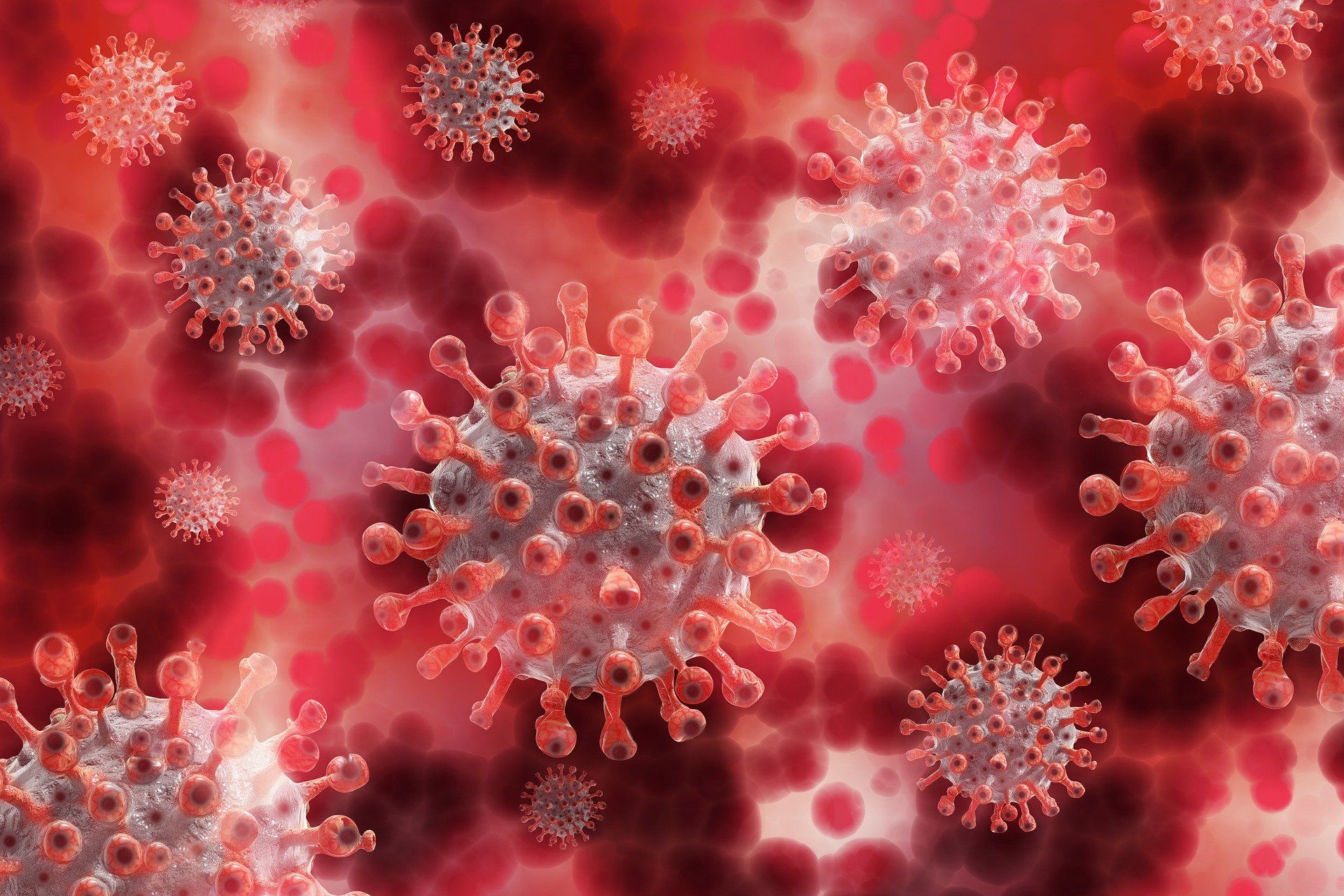An immunocompromised individual in the United Kingdom left doctors and scientists confused after being down with COVID-19 for 505 days- the longest case of the virus ever reported in history.
After contracting the disease for the first time in early 2020, the patient continued to test positive for it during the span of 16 months.
According to a lab report, the person was suffering from the same ongoing coronavirus that s/he had been diagnosed with in 2020. Despite being medicated with antiviral treatments and therapies to help strengthen the immune system, the individual failed to ever test negative for COVID-19.
Also Read: CDC declares nationwide health alert after unexplained hepatitis in kids
The female patient, who died in 2021 due to underlying medical ailments, was a strong case of persistent or long COVID.
This year, medical experts from London’s King College and Guy’s and St Thomas’ NHS Foundation Trust brought the case to attention at the European Congress of Clinical Microbiology & Infectious Diseases in Lisbon. The doctors also revealed that previously, the longest known record of persistent COVID-19 in an individual had a duration of 335 days.
Also Read: United Kingdom’s inflation rate rises at highest pace in three decades
What is persistent COVID?
The rare medical condition causes people who have been previously infected with SARS-CoV-2 to continue to experience symptoms of the virus, even after the initial virus in their bodies has been long gone.
Persistent COVID, as the term suggests, is caused when an infected patient’s body continues to replicate the infection even after surpassing the common isolation period of two weeks.
“What we’re talking about when we talk about persistence is continued viral replication within the human body,” Luke Blagdon Snell, a doctor who is presenting the findings of the case, told AFP.
“The virus is continually replicating the entire time, so it really is an ongoing infection,” he added.
“We don’t really know the best way for persistent infection to clear that virus. We need ways to stop that virus replicating,” the expert concluded.







